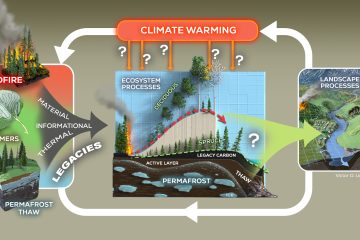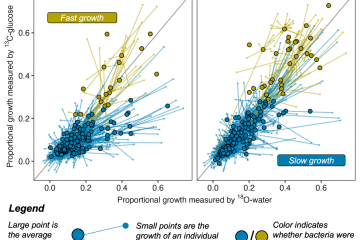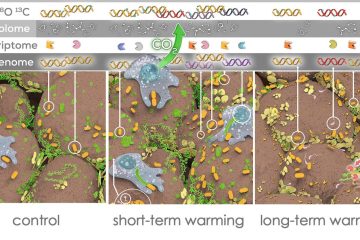Progressive nitrogen limitation of ecosystem responses to rising atmospheric carbon dioxide
A highly controversial issue in global biogeochemistry is the regulation of terrestrial carbon (C) sequestration by soil nitrogen (N) availability. This controversy translates into great uncertainty in predicting future global terrestrial C sequestration. We propose a new framework that centers on the concept of progressive N limitation (PNL) for studying the interactions between C and N in terrestrial ecosystems. In PNL, available soil N becomes increasingly limiting as C and N are sequestered in long-lived plant biomass and soil organic matter. Our analysis focuses on the role of PNL in regulating ecosystem responses to rising atmospheric carbon dioxide concentration, but the concept applies to any perturbation that initially causes C and N to accumulate in organic forms. This article examines conditions under which PNL may or may not constrain net primary production and C sequestration in terrestrial ecosystems. While the PNL-centered framework has the potential to explain diverse experimental results and to help researchers integrate models and data, direct tests of the PNL hypothesis remain a great challenge to the research community.


